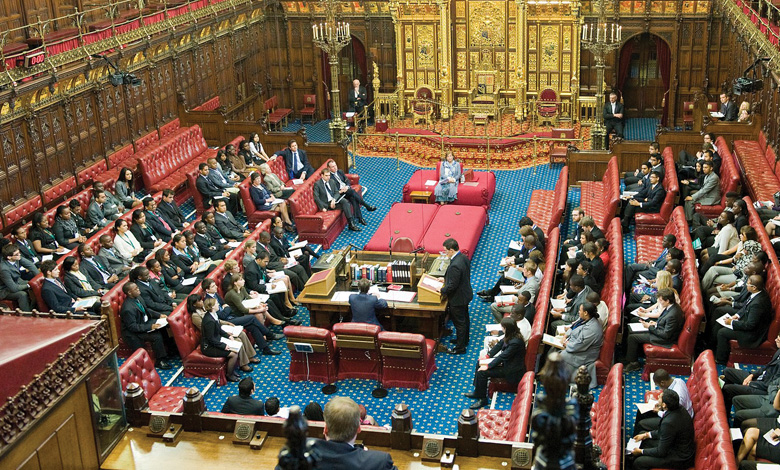Windsor Framework an ‘improvement’ on Protocol but ‘problems remain’

The Windsor Framework is an improvement on the Northern Ireland Protocol as originally negotiated, but problems remain, according to the House of Lords Protocol on Ireland/Northern Ireland Sub-Committee.
Overall, the sub-committee reports that business representatives and other stakeholders have welcomed the Windsor Framework, and that there is positivity among this group over the potential that this resolution provides for problems that may arise in the future to be resolved in a collaborative manner.
In terms of day-to-day business for organisations, the committee promotes the upsides of the provisions of the Windsor Framework as including the movement of goods from Great Britain to Northern Ireland via the green lane of retail goods, agrifood produce including chilled meats, parcels, pets, and human medicines. However, the committee acknowledges that some of the processes of the Windsor Framework will be more burdensome than those under the Protocol as it was able to operate with grace periods and easements.
“While the green lane will benefit large retailers in particular, some retailers, and some other sectors, may have to use the red lane,” the report states.
The committee report also finds that there is an “underlying fear” that Northern Ireland will find itself in a “no man’s land” between Great Britain and the EU, placing the competitiveness of Northern Ireland businesses and their supply chains in jeopardy.
“Business representatives stressed to the Committee that regulatory divergence, whether between Great Britain and Northern Ireland, or between Northern Ireland and Ireland (and the EU as a whole), remains their number one concern,” the report says.
Therefore, the committee has called on the UK Government to create and maintain an up-to-date record of regulatory divergence and its impact on Northern Ireland.
Currently, the UK Government is pushing a trade agenda which aims to realign British trade away from the EU, with entry into the Comprehensive and Progressive Agreement for Trans-Pacific Partnership (CPTPP), a trade agreement between countries in the Americas, Oceania, and Southeast Asia, seemingly a first step. However, the European Union accounted for 54.3 per cent of total UK exports in 2021, exemplifying the scale of the challenge of trade realignment for the UK Government.
Whilst the UK continues with its “going global” trade agenda, ESRI data shows that trade between Northern Ireland and the Republic has “grown substantially”, with the terms of the UK’s exit from the European Union necessitating a more cohesive cross-border approach to trade. Therefore, it remains unclear whether trade developments being pushed by the UK will have a significant impact on the Northern Ireland economy.
Committee chair Michael Hastings Jay, a crossbench peer and a former senior official in the Foreign and Commonwealth Office, said upon release of the report: “The Windsor Framework is a distinct improvement on the original protocol. But it does not solve all the problems which the Protocol raises… The Government and the European Union need to remain closely in touch with each other. But they must also ensure that Northern Ireland stakeholders are closely engaged throughout.”





